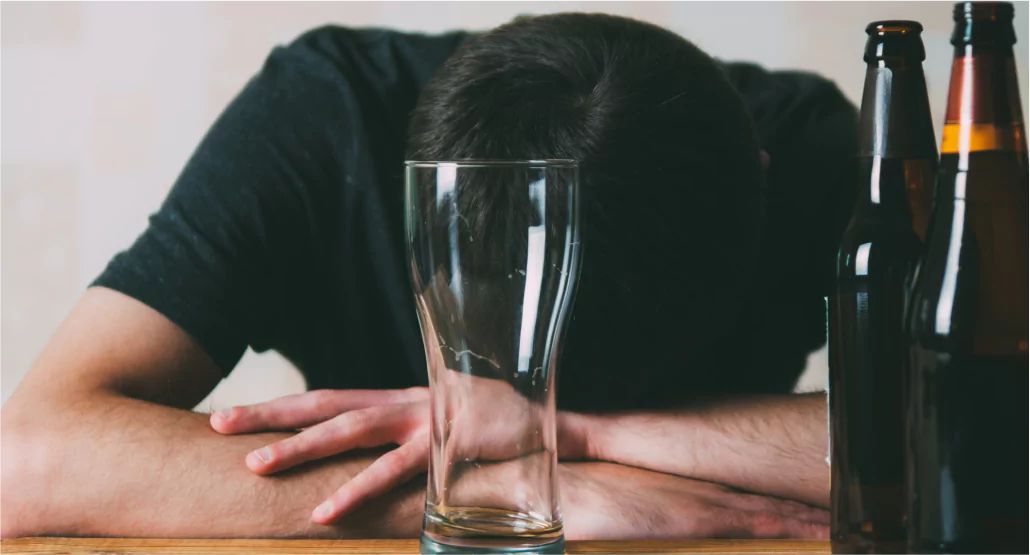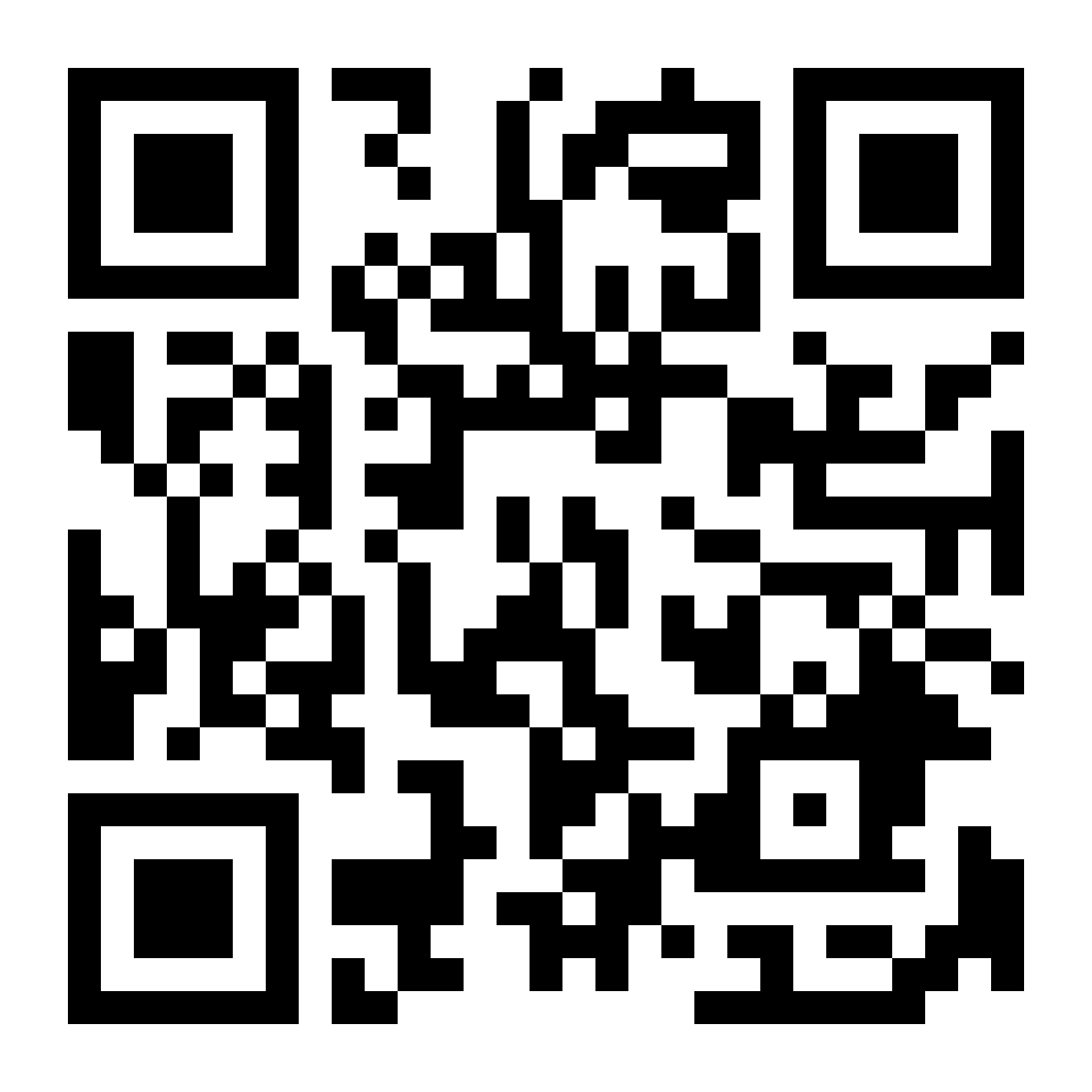The Differences Between Tolerance and Dependence



People talk about alcohol misuse and alcoholism, which makes sense — they profoundly impact many of us. When talking about alcoholism, “tolerance” and “dependence” often come up. While many of us use these words interchangeably, doing so isn’t really right. The terms are related, but they actually refer to different concepts.
Recognizing the differences is an important part of tackling alcohol issues; doing so helps ensure that you can get the right kind of support and treatment.
In 2020, about 10% of Americans aged 12 and up struggled with alcohol use disorder (AUD). That same year, nearly 25% of adults aged 18 and over admitted to binge drinking in the past month.
Sadly, alcohol-related issues lead to the loss of about 385 American lives daily, predominantly among those 35 and older. For people between 15 and 49, alcohol is behind 10% of deaths, and this number rises to 13.5% for the 20-39 age group.
In this blog, we’ll walk through the differences between alcohol tolerance and dependence, and how they could lead to addiction.

While related, alcohol tolerance and alcohol dependence are distinct concepts in terms of alcohol use.
Tolerance to alcohol means your body is slowly getting used to it, and the signs may include the following:
Dependence is a more complex and serious issue, and it could show up in different ways, such as the following:
When you drink alcohol often, two major changes happen in your body. First, your liver becomes really good at breaking down alcohol. This means it takes more alcohol for you to feel its effects. Second, your brain starts adjusting to the alcohol.
Normally, alcohol affects how brain chemicals work, making you feel relaxed or less inhibited. But with regular drinking, your brain tries to balance things out, and it will require more alcohol to get the same feeling.
People can develop this kind of tolerance quickly, especially if they drink a lot. It's also partly genetic — some people are just more likely to develop tolerance. However, increased tolerance has its dangers. It can lead you to drink more without realizing the harm it's causing, like an increased risk of accidents or health problems, including liver damage and brain changes.
Seeing that you need more drinks to feel the buzz you used to get from just a few is a clear sign your body is getting used to alcohol. If alcohol doesn’t hit you as hard as it used to, or if you find yourself bouncing back quickly after drinking, these are signs of building tolerance. Your body is adjusting to drinking more, meaning you end up needing more alcohol as you binge drink to relax or feel its effects.
Your body adapting to alcohol should serve as a heads-up to be mindful of your drinking habits, as it can lead to consuming too much. It’s important to recognize these changes because they could be the first steps toward alcohol dependence.
Being aware of these signs is key to assessing your drinking and determining whether it’s time for a change.
Alcohol dependence is more than just wanting a drink. It's when your body and brain start needing alcohol to function properly. When you don't drink, you might start shaking, sweating, feeling sick, or anxious — all of which shows how much your body relies on alcohol.
Dependence isn’t just physical; you might feel a very strong emotional need to drink as well. This dependence can lead you to put drinking above everything else, even if it's harming your health or relationships. Understanding these signs is important because they show how serious the problem can be and why getting help matters.
If you're feeling a really strong need to drink that doesn't go away, that's a sign of craving, a key part of alcohol dependence.
Also, if you start shaking, feeling sick, or anxious when you're not drinking, it means your body has become used to alcohol. There could also be withdrawal symptoms like shaking, nausea, or anxiety when you aren’t drinking. Sometimes, you might lose control of the amount or frequency of your drinking, or continue to drink even when it worsens your health.
Your relationships with your family, friends, or colleagues can also be affected because you might tend to give up or reduce the time spent on important activities, preferring to drink or needing to recover from a binge.
A sign of growing tolerance is needing more alcohol to feel the same way you used to. As you keep drinking more over time, your body will start to depend on alcohol to feel normal. Not everyone who develops tolerance will become addicted; however, it’s a step in that direction.
Eventually, this dependence can turn into addiction, where you can’t stop drinking even though you know it’s harmful to your body. Catching these changes as early as possible is important to avoid spiraling into addiction — and to seek help.
Because it is not just about drinking less, changing your relationship with alcohol involves a few key steps. You need to really get to know your drinking patterns, learn how alcohol affects you, and find the right support. Each step is part of the bigger shift toward handling alcohol in a healthier way.
Knowing the difference between tolerance and dependence can help you make healthier choices. It's about taking charge, whether you’re noticing that your tolerance for alcohol has suddenly changed or you’re figuring out if you’ve developed dependence.
This isn’t just about spotting problems; it's about making positive changes in your life. Every effort you make to understand and manage how you drink is a step towards healthier habits and a more balanced life.
If you want to cut back on your alcohol consumption but don’t know where to start, consider trying Reframe. We’re a neuroscience-backed app that has helped millions of people reduce their alcohol consumption and develop healthier lifestyle habits.
1. What is tolerance?
Tolerance to alcohol occurs when your body gets used to it, requiring more for the same effect. The liver becomes efficient at breaking it down, and the brain adjusts, needing more to feel relaxed.
2. What are the signs of alcohol tolerance?
When you need more drinks for the same buzz, experience reduced alcohol effects, or recover quickly after drinking, it's a sign of tolerance. This adaptation can lead to increased alcohol consumption, posing risks to health and safety.
3. What is dependence?
Alcohol dependence goes beyond desire; it becomes a necessity for your body and brain. Without alcohol, withdrawal symptoms like shaking, sweating, and anxiety occur due to your body's reliance. It can dominate your life, even when causing harm, emphasizing the need for help.
4. What are the signs of alcohol dependence?
Strong, persistent cravings and physical symptoms when not drinking are signs of alcohol dependence. These symptoms can disrupt daily life and relationships as alcohol becomes a priority despite its negative impact.
5. Is there a difference between tolerance and dependence?
Tolerance involves needing more alcohol for the same effect, while dependence includes a strong urge to drink, withdrawal symptoms, loss of control, and neglecting responsibilities due to drinking. Both concepts highlight the seriousness of alcohol-related issues.
6. How can I track my alcohol intake?
Start a daily log of your alcohol consumption to identify patterns and triggers. Note the amount, timing, location, and your emotional state. This helps pinpoint cues that lead to drinking.
7. Why is education on alcohol tolerance and dependence important?
Understanding the impact of alcohol on mental and physical health, including exacerbating anxiety and other issues, is crucial. Knowledge of the risks, behavioral changes, and impact on relationships can motivate healthier drinking habits.
8. Why should I seek professional support?
Doctors and addiction specialists provide personalized guidance, therapy, medication, and support groups to address underlying reasons for excessive drinking and help build healthier habits.
Although it isn’t a treatment for alcohol use disorder (AUD), the Reframe app can help you cut back on drinking gradually, with the science-backed knowledge to empower you 100% of the way. Our proven program has helped millions of people around the world drink less and live more. And we want to help you get there, too!
The Reframe app equips you with the knowledge and skills you need to not only survive drinking less, but to thrive while you navigate the journey. Our daily research-backed readings teach you the neuroscience of alcohol, and our in-app Toolkit provides the resources and activities you need to navigate each challenge.
You’ll meet millions of fellow Reframers in our 24/7 Forum chat and daily Zoom check-in meetings. Receive encouragement from people worldwide who know exactly what you’re going through! You’ll also have the opportunity to connect with our licensed Reframe coaches for more personalized guidance.
Plus, we’re always introducing new features to optimize your in-app experience. We recently launched our in-app chatbot, Melody, powered by the world’s most powerful AI technology. Melody is here to help as you adjust to a life with less (or no) alcohol.
And that’s not all! Every month, we launch fun challenges, like Dry/Damp January, Mental Health May, and Outdoorsy June. You won’t want to miss out on the chance to participate alongside fellow Reframers (or solo if that’s more your thing!).
The Reframe app is free for 7 days, so you don’t have anything to lose by trying it. Are you ready to feel empowered and discover life beyond alcohol? Then download our app through the App Store or Google Play today!

Reframe supports you in reducing alcohol consumption and enhancing your well-being.





